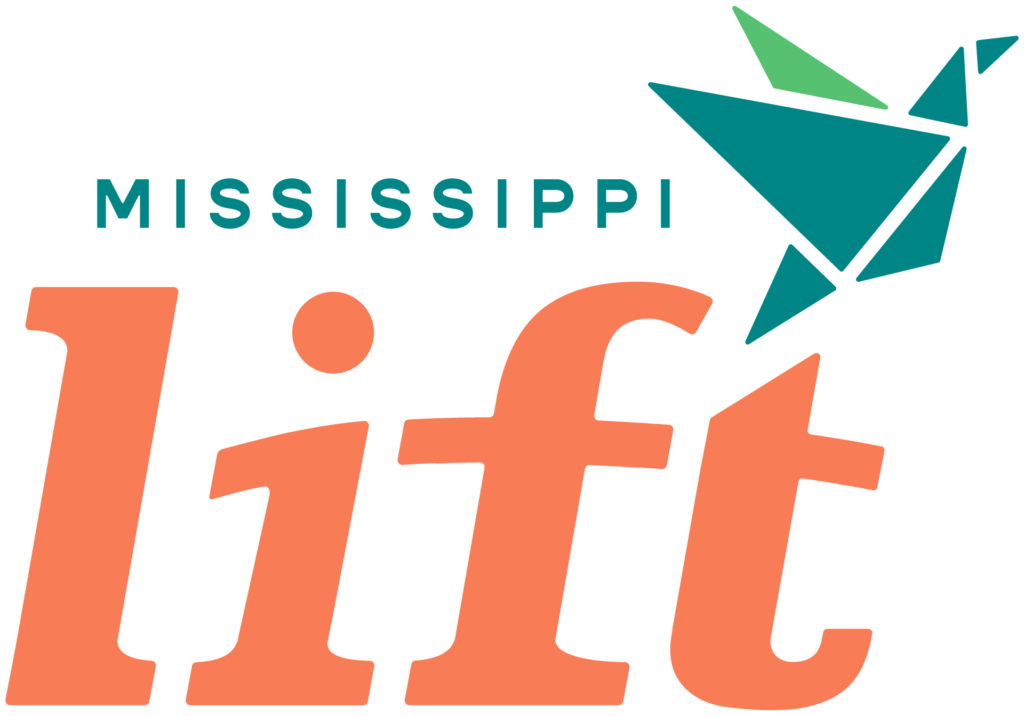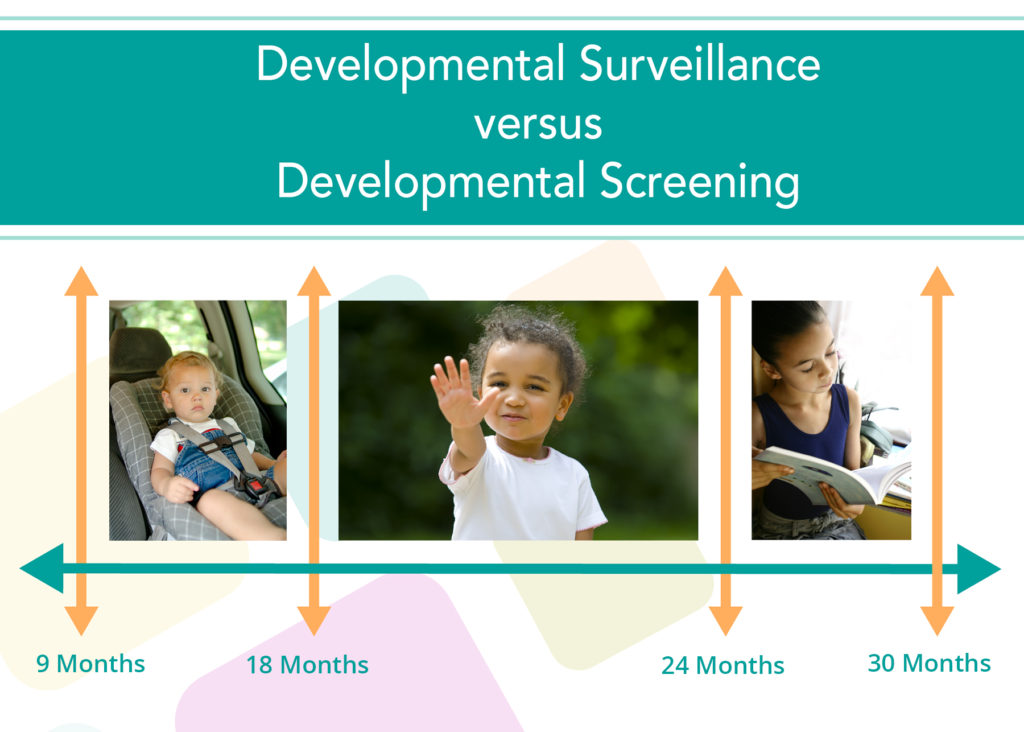Surveillance vs. Screening
Healthcare Providers
Surveillance vs Screening: What’s the Difference?
Healthcare providers in Mississippi are doing a good job with surveillance, now let’s take it to the next level: Screening! Surveillance is ongoing developmental monitoring at well-child checks—it’s what you do at every visit already: noting whether a child is reaching his milestones and asking parents if they have concerns; but screenings use a validated tool and are performed at specific intervals. Using a reliable screening tool at recommended intervals can help identify mild delays that otherwise may be easily overlooked during routine surveillance. The American Academy of Pediatrics recommends using a validated screening tool like Ages and Stages (ASQ) or Parents’ Evaluation of Developmental Status (PEDS) at 9, 18, and 24 or 30 months or when a developmental concern arises.
Regular surveillance is still important in addition to screenings.
During all well-child visits, the AAP recommends surveillance (or monitoring) of developmental delays by:
- Asking parents about their concerns
- Obtaining the child’s developmental history
- Observing the child during visits
- Identifying risks and protective factors
- Documenting your findings
Other helpful CDC resources and tools related to child development data can be found at:
Developmental Screening for Healthcare Professionals
Validated screening tools are available, important, and billable.
The AAP has what you need to implement regular developmental screenings into your practice—everything from technical assistance and educational opportunities, to office workflow and billing resources. The Mississippi Thrive team is also available to provide assistance through our Practice Transformation project. Contact us with questions: 615-815-6382.
Helpful screening tools.
Filter and sort a variety of topics and categories to learn more about the many tools you have at your disposal to assist child patients in their development.
Don't wait to act.
It is important to refer children right away if needed. They often don’t just “grow out of” delays.
The Mississippi Thrive! call line can help you connect families with the right support.
For children younger than three who need developmental services, start with First Steps Early Intervention Program through Mississippi State Department of Health. They can be reached at 1-800-451-3903 or by clicking here.
For children age three and older who need developmental services, link families to Child Find which offers services and interventions for unique educational needs. These services are available at no cost to families.

